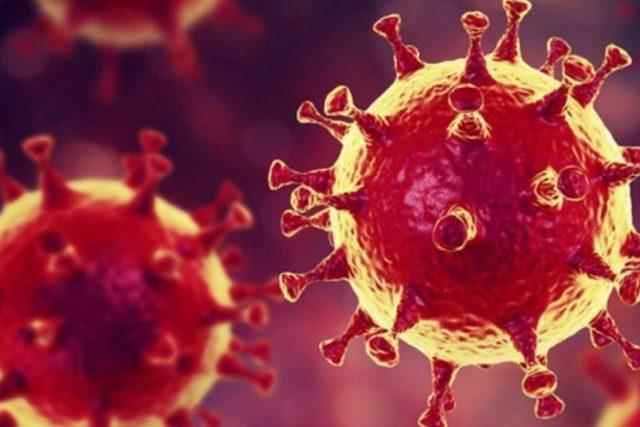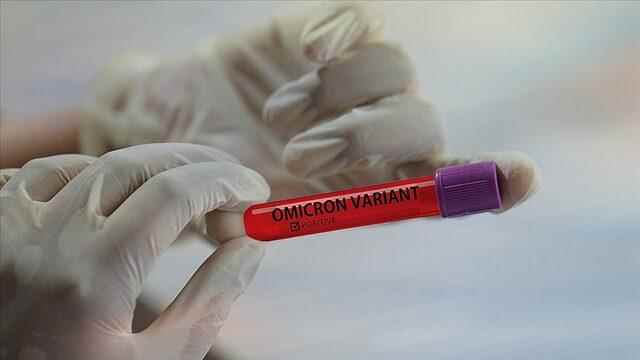Researchers from the Kyoto Medical University in Japan examined the differences between the environmental stability of the first case of Kovid-19 in Wuhan and its variants. The study, which has not yet been peer-reviewed, and preprinted on BioRxiv, showed that Alpha, Beta, Delta, and Omicron variants of the virus can survive on plastic surfaces and skin 2 times longer than the Wuhan strain.
In the study, the average life expectancy of the Wuhan type on plastic surfaces was 56 hours, the Alpha variant was 191.3 hours, the Beta variant was 156.6 hours, the Delta variant was 114 hours, and the Omicron variant was 193.5 hours.
OMICRON CAN LIVE 21.1 HOURS ON HUMAN SKIN
On the human skin, the original 8.6 hours, Alpha variant 19.6, Beta variant 19.1, Delta variant 16.8 and Omicron variant could survive for 21.1 hours.
REASON FOR THE RAPID SPREAD
Stating that the high environmental stability of the virus variants increases the risk of transmission by contact, the researchers emphasized that Omicron, which has the highest environmental stability, could thus have spread so quickly by replacing the Delta variant.
HAND HYGIENE RECOMMENDATION
The researchers suggested that although Alpha, Beta, Delta and Omicron variants show slightly more resistance to alcohol, all variants become completely ineffective after 15 seconds of exposure to a 35 percent alcohol solution, and suggested that disinfectants should continue to be used for hand hygiene. (AA)

